Congratulations to Dr. Laura Iannuzzie in the Centre for Midwifery & Women’s Health (CMWH) on the publication of her latest paper ‘Exploring the Role of Birth Environment on Italian Mothers’ Emotional Experience during Childbirth‘ [1].This new paper is co-written with Italian architects and organisational psychologists. It is the third publication by this interdisciplinary team [2-3].

This latest publication investigates mothers’ perceptions of spatial-physical humanization, affective quality of place, and emotions during childbirth. To achieve this goal, the first part of our work was dedicated to selecting two birth environments (hospital and birth centre) with different degrees of humanization. The rectangular hospital layout is in the drawing above and the circular birth centre layout is shown below (both drawing are from the published paper [1]). The team’s research methods include observations and field survey which mainly concerned the environmental quality of the spaces and the layout of the birth unit, and self-report questionnaire about perceived environment, affective quality attributed to place, and delivery experience. Participants are 66 low-risk women, choosing to give birth in hospital or a birth centre. The findings indicate an enhanced perception of both the spatial-physical aspects and the social and functional aspects of the care unit among mothers who give birth at the birth centre. These same mothers also reported a more positive perception of the childbirth experience. The paper offer greater insight into the role of birth environments in shaping mothers’ emotional experiences during childbirth.
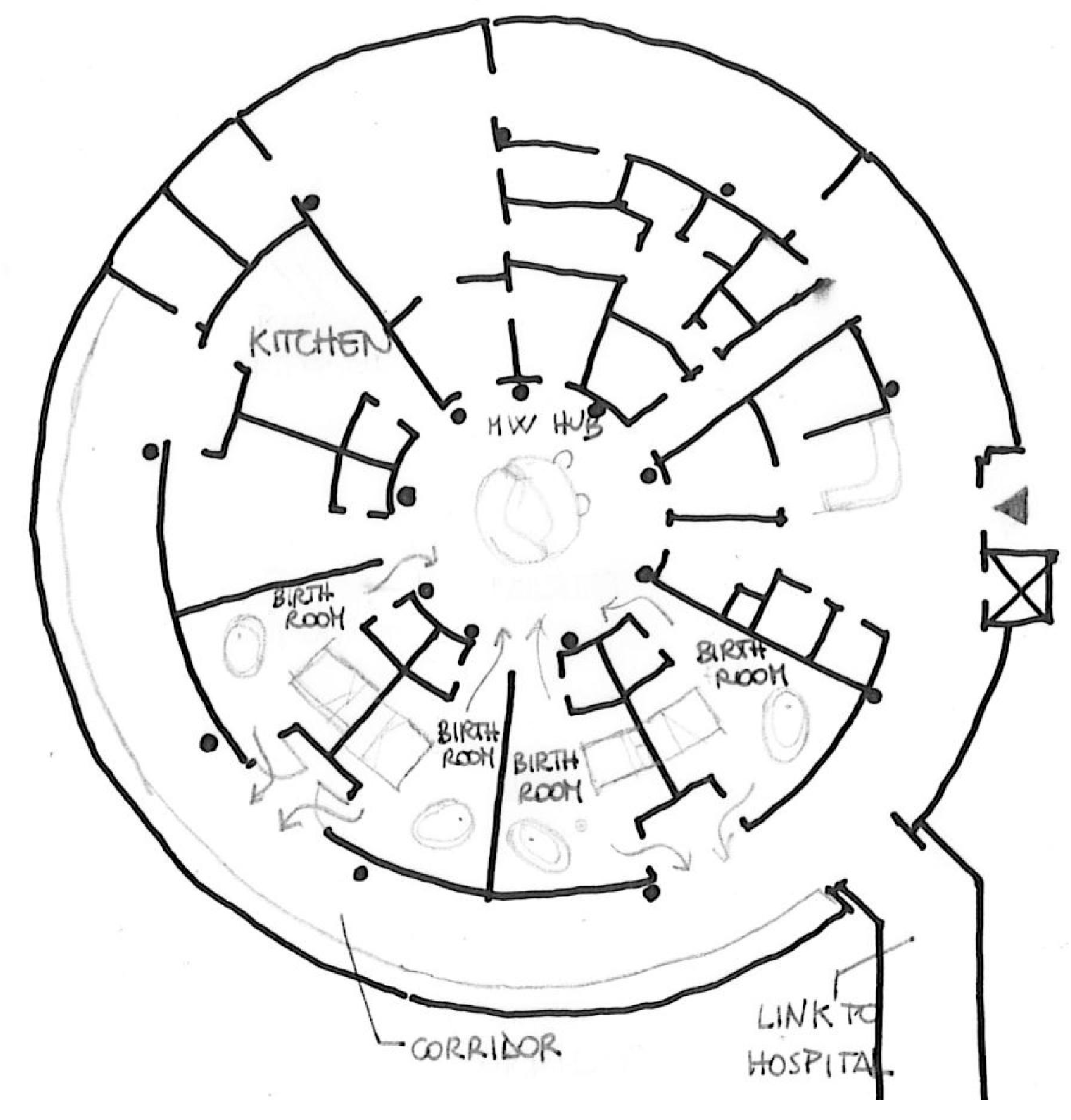
- Migliorini, L., Setola, N., Naldi, E., Rompianesi, M.C., Iannuzzi, L., Cardinali, P. (2023) Exploring the Role of Birth Environment on Italian Mothers’ Emotional Experience during Childbirth. International Journal of Environmental Research and Public Health, 20(15):6529. https://doi.org/10.3390/ijerph20156529
- Setola, N., Naldi, E., Cocina, G.G., Eide, L.B., Iannuzzi, L., Daly, D. (2019) The Impact of the Physical Environment on Intrapartum Maternity Care: Identification of Eight Crucial Building Spaces. Health Environments Research & Design Journal, 12: 67–98.
- Setola, N., Iannuzzi, L., Santini, M., Cocina, G. G., Naldi, E., Branchini, L., Morano, S., Escuriet Peiró, R., Downe, S. (2018). Optimal settings for childbirth. Minerva ginecologica, 70(6): 687–699. https://doi.org/10.23736/S0026-4784.18.04327-7
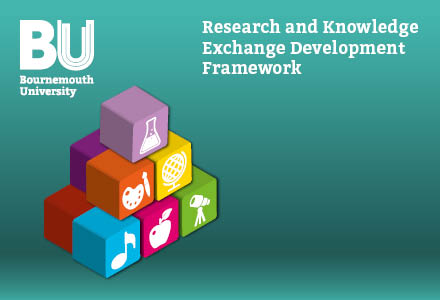 This session is aimed at all academics to provide an overview of the Research & Enterprise Database, including how to access the system, the information available to view, budget management via RED, and how to use RED to identify your supporting pre and post award officers.
This session is aimed at all academics to provide an overview of the Research & Enterprise Database, including how to access the system, the information available to view, budget management via RED, and how to use RED to identify your supporting pre and post award officers.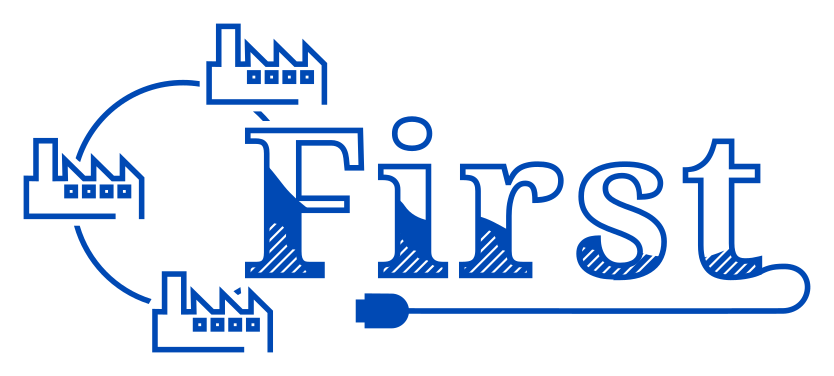

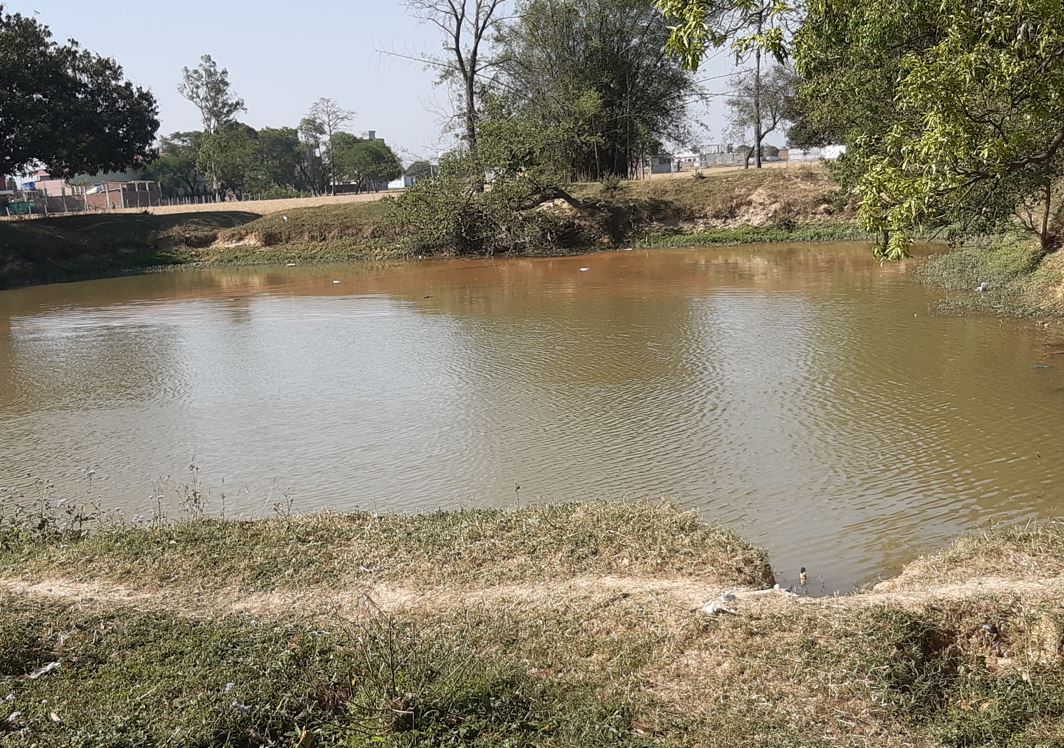


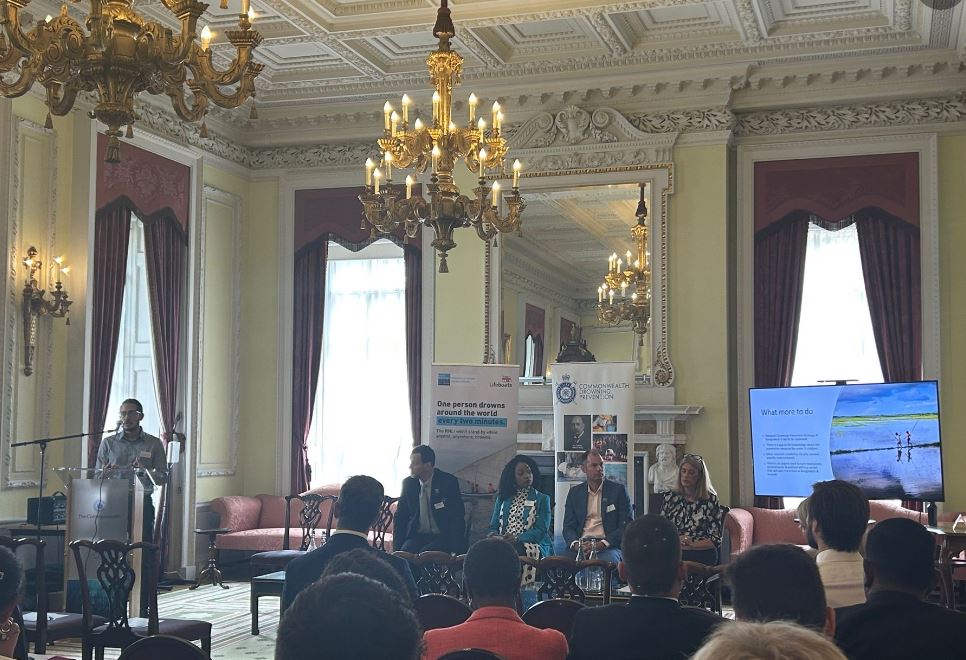







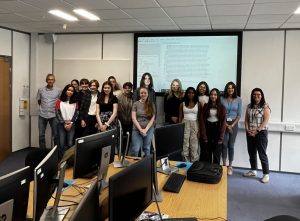 A group of 12 sixth form students from Thomas Hardye School (THS) in Dorchester, an OFSTED outstanding school, visited Talbot Campus this week to take part in a molecular ecology workshop. The workshop was organized by Dr Demetra Andreou (dandreou@bournemouth.ac.uk) and Prof Genoveva Esteban (gesteban@bournemouth.ac.uk) from SciTech’s Department of Life and Environmental Sciences, in collaboration with Dr John Davy-Bowker (BU Visiting Fellow) and Dr Gloria Tapia from the River Laboratory (East Stoke, Wareham). The workshop is part of an ongoing Fusion project with Thomas Hardye School, funded by Rolls-Royce, that investigates invasive freshwater shrimps in Dorset. Prior to visiting BU, the sixth-form students collected river samples at the River Laboratory, isolated and identified the freshwater shrimps, and isolated the shrimps’ DNA, which was then sequenced. During the workshop, the students learned bioinformatics, handled the DNA sequences, and developed phylogenetic trees to investigate the potential origin of the invasive shrimps. The students will present their final findings at a symposium that will take place at Thomas Hardye School in the Autumn. Simon Lewis, Science teacher at THS and Leader of the Roll-Royce project, said: “The tour of your buildings and labs was very impressive and I know will have given the students a different perspective on what a science lab looks like and how different they are from a school environment. Meeting you both also really promotes the idea of Science as a future for them, meeting people they can relate to is so important and you gave such a positive idea of what science entails.“
A group of 12 sixth form students from Thomas Hardye School (THS) in Dorchester, an OFSTED outstanding school, visited Talbot Campus this week to take part in a molecular ecology workshop. The workshop was organized by Dr Demetra Andreou (dandreou@bournemouth.ac.uk) and Prof Genoveva Esteban (gesteban@bournemouth.ac.uk) from SciTech’s Department of Life and Environmental Sciences, in collaboration with Dr John Davy-Bowker (BU Visiting Fellow) and Dr Gloria Tapia from the River Laboratory (East Stoke, Wareham). The workshop is part of an ongoing Fusion project with Thomas Hardye School, funded by Rolls-Royce, that investigates invasive freshwater shrimps in Dorset. Prior to visiting BU, the sixth-form students collected river samples at the River Laboratory, isolated and identified the freshwater shrimps, and isolated the shrimps’ DNA, which was then sequenced. During the workshop, the students learned bioinformatics, handled the DNA sequences, and developed phylogenetic trees to investigate the potential origin of the invasive shrimps. The students will present their final findings at a symposium that will take place at Thomas Hardye School in the Autumn. Simon Lewis, Science teacher at THS and Leader of the Roll-Royce project, said: “The tour of your buildings and labs was very impressive and I know will have given the students a different perspective on what a science lab looks like and how different they are from a school environment. Meeting you both also really promotes the idea of Science as a future for them, meeting people they can relate to is so important and you gave such a positive idea of what science entails.“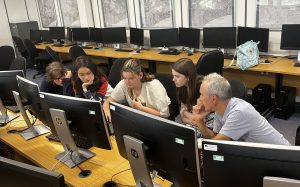




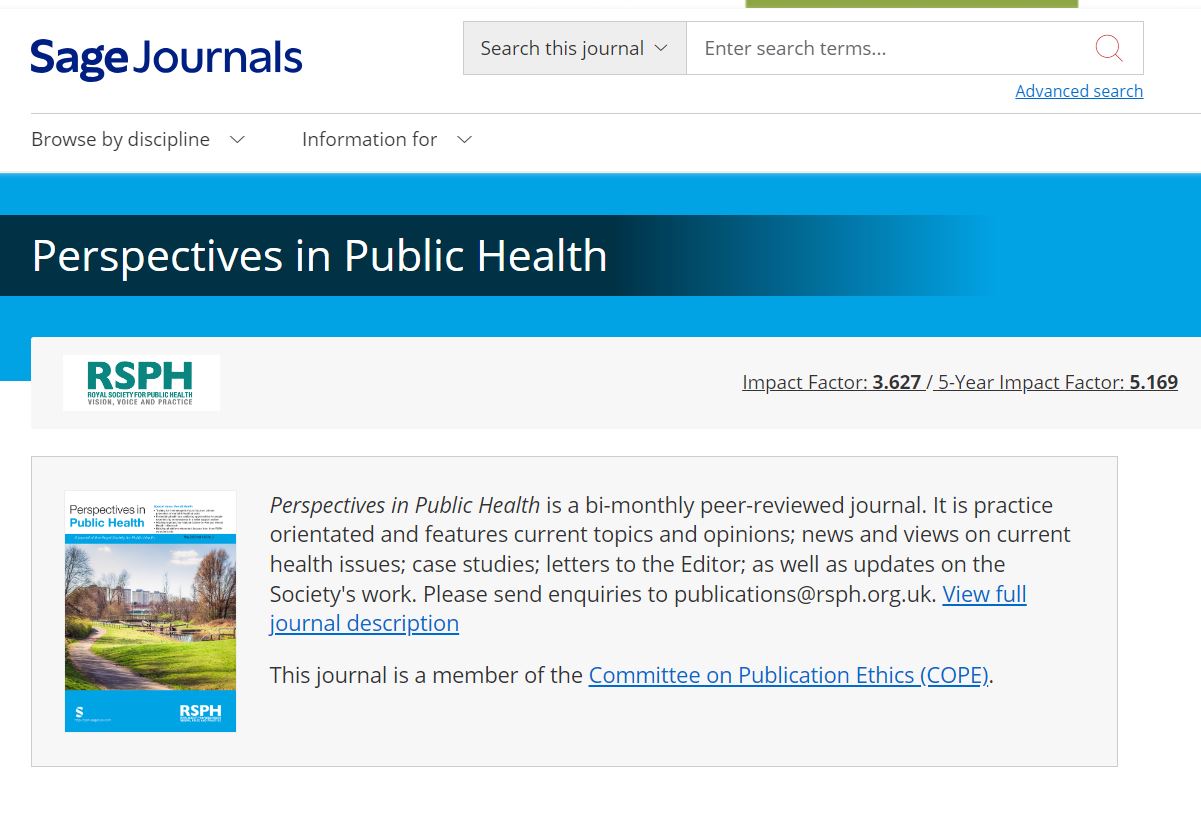
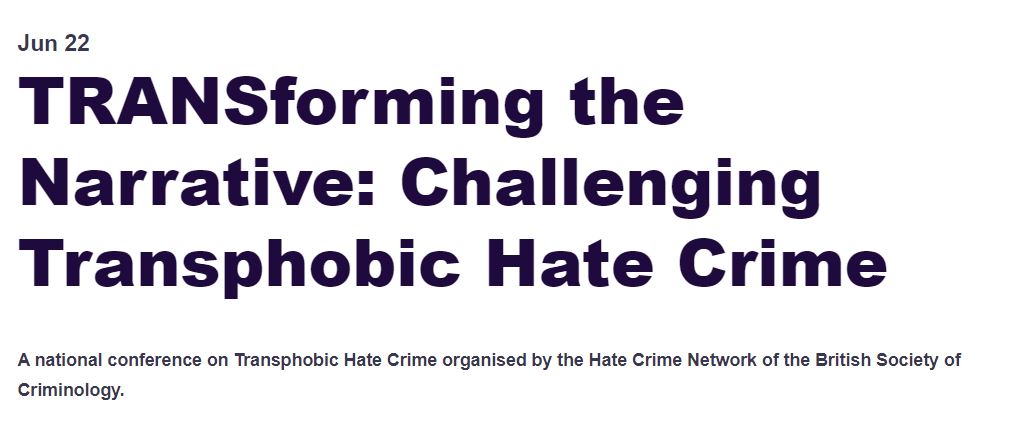

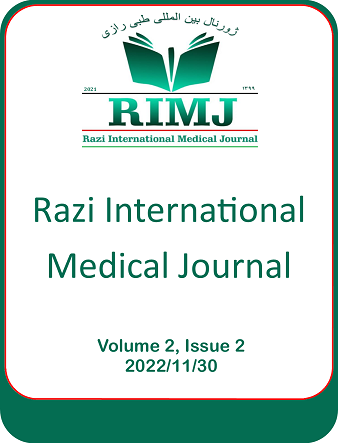
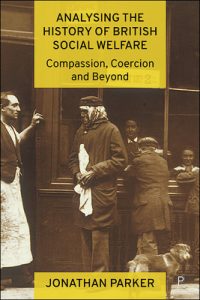
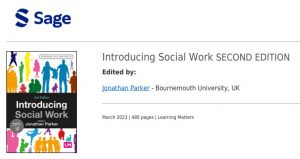
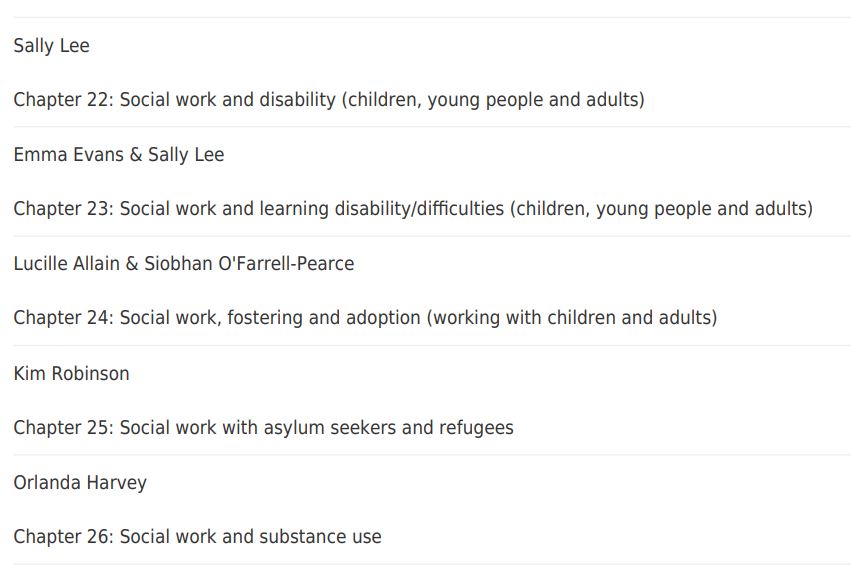
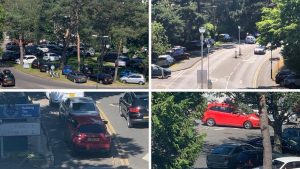











 From Sustainable Research to Sustainable Research Lives: Reflections from the SPROUT Network Event
From Sustainable Research to Sustainable Research Lives: Reflections from the SPROUT Network Event REF Code of Practice consultation is open!
REF Code of Practice consultation is open! BU Leads AI-Driven Work Package in EU Horizon SUSHEAS Project
BU Leads AI-Driven Work Package in EU Horizon SUSHEAS Project ECR Funding Open Call: Research Culture & Community Grant – Apply now
ECR Funding Open Call: Research Culture & Community Grant – Apply now ECR Funding Open Call: Research Culture & Community Grant – Application Deadline Friday 12 December
ECR Funding Open Call: Research Culture & Community Grant – Application Deadline Friday 12 December MSCA Postdoctoral Fellowships 2025 Call
MSCA Postdoctoral Fellowships 2025 Call ERC Advanced Grant 2025 Webinar
ERC Advanced Grant 2025 Webinar Update on UKRO services
Update on UKRO services European research project exploring use of ‘virtual twins’ to better manage metabolic associated fatty liver disease
European research project exploring use of ‘virtual twins’ to better manage metabolic associated fatty liver disease